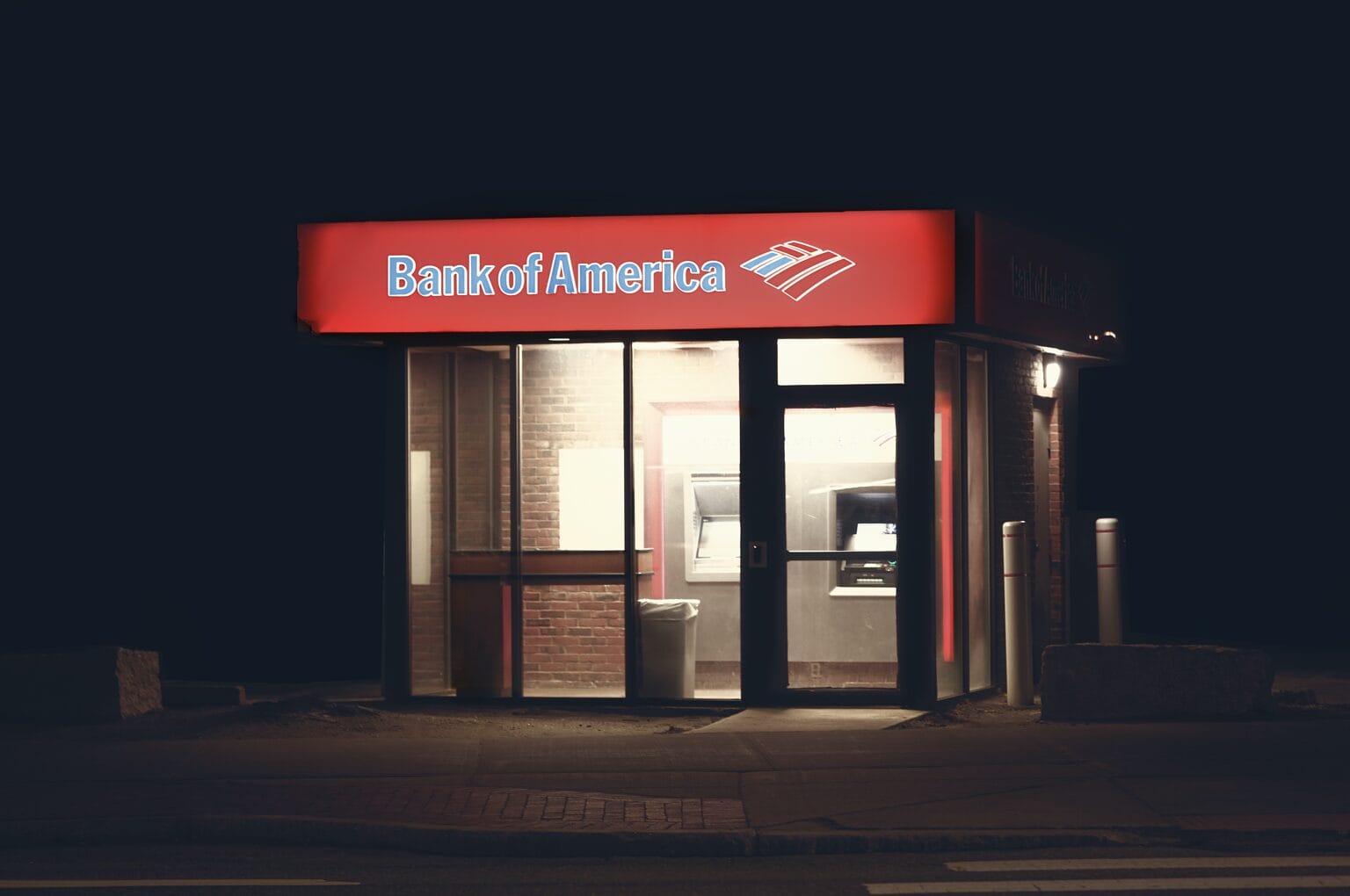The financial crisis in the United States has not ended. The Wall Street bank thinks the effects will last for years.
According to Jamie Dimon, CEO of JPMorgan Chase, the problems that Silicon Valley Bank (SVB)’s failure has caused in the financial sector are not yet over and will persist for years.
The banker wrote in his annual letter to shareholders on Tuesday that this turn of events has “significantly changed the market’s expectations; bond prices have recovered dramatically; the stock market is down; and the market’s odds of a recession have increased.”
Even though recent events have nothing in common with the 2008 global financial crisis, Dimon warned that “the current crisis is not over, and even when it is, it will have effects for years to come.”
The recent crisis has caused “a lot of jitters in the market” and will cause banks and other lenders to be more cautious, according to the head of JPMorgan.

Early in March, people withdrew a lot of money from SVB and Signature Bank, which both failed within days. Top Wall Street banks, like JPMorgan, gave deposits totaling $30 billion to a third lender, First Republic, to help it get back on its feet. Investors were worried that First Republic could be the next US bank to fail, so the big banks stepped in. The disease then spread to Europe, where Credit Suisse quickly ran into trouble. In the end, the nation’s central bank hastily put together a deal in which rival UBS bought Credit Suisse.
Dimon says that investors and analysts have thought that the “too big to fail” banks would benefit from the crisis because of the stress on regional banks. He said that JPMorgan wants to help the whole financial system by making the small banks stronger.
“Any crisis that makes Americans less likely to trust their banks hurts all banks, which was already known before this crisis.” The idea that this meltdown was good for them in any way is absurd,” Dimon wrote. “It’s true that this crisis “helped” larger banks by giving them more deposits from smaller banks, but that doesn’t mean it was good for them in any way.
He called for more rules in the financial sector and said that policymakers should be more careful about giving some financial services to nonbanks and so-called “shadow banks.”
